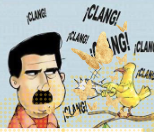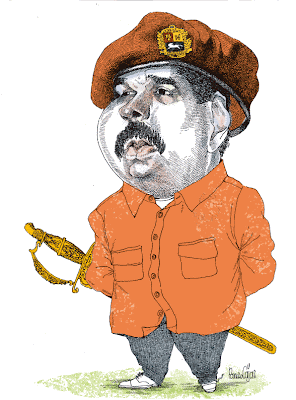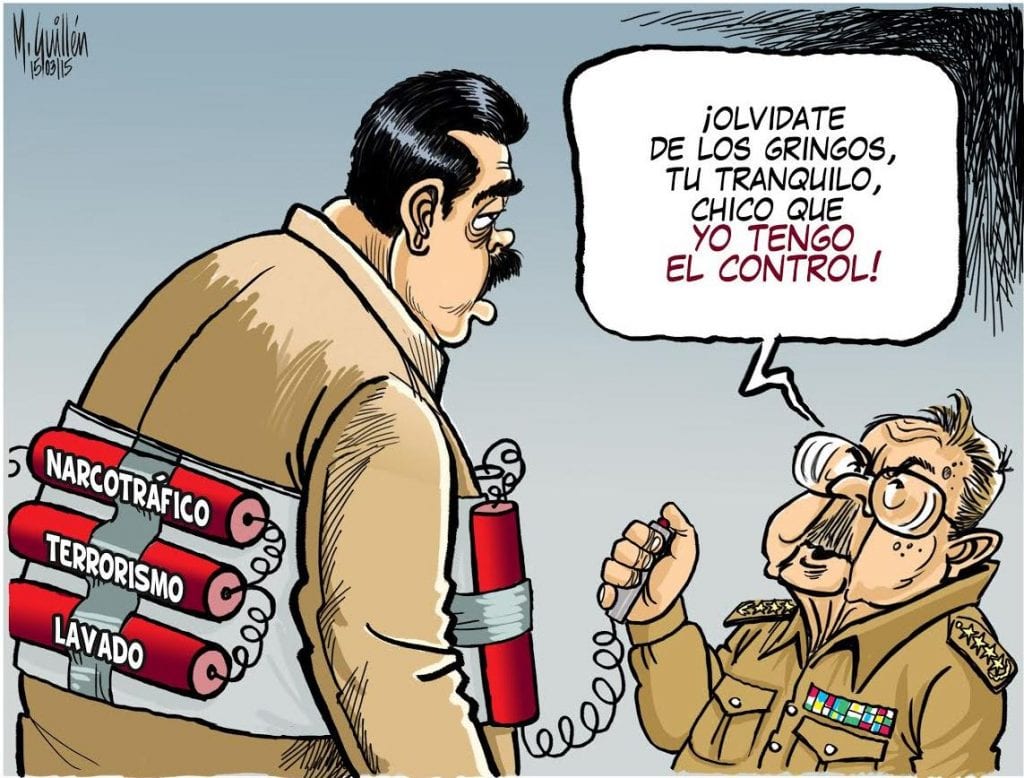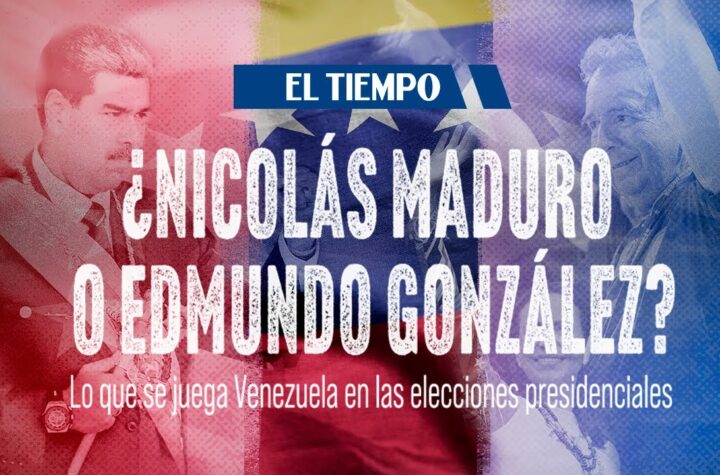
Courtesy
Recent political events highlight a warning for Latin American democracies when party systems fail, and outsider leaders take over promising to end establishment corruption.
Peru experiences widespread unrest and protests demanding the president’s resignation, while Brazil tries to manage a far-right movement that is unwilling to support democracy. Mexico will constrain the agency that oversees elections with a series of measures championed by President López Obrador. In El Salvador, President Nayib Bukele weakened the system of checks and balances, declared a state of emergency, and suspended key constitutional rights. These cases are a result of a virulent strain of populism rooted primarily in citizens’ frustration with corruption.
Anti-corruption populism has not produced the desired effects in Latin America. The resulting political and economic instability and democratic backsliding have only led to more widespread corruption and social conflicts. The strong tendency toward messianic leaders and the inadequacy of established political parties have created a wave of instability in the region. Peru, with the rise of Fujimori in 1990, was one of the first countries to experience this movement. Even now, with the emergence of leaders like Bolsonaro in Brazil, López Obrador in Mexico and Bukele in El Salvador, the trend persist.
The rise of outsider candidates signals a breakdown in the credibility of political parties and widens political instability. Party systems have been pulverized, leading to prolonged periods of unreliable governance and an inability to meet social demands. Latin American democracies have particularly suffered as the street has replaced representative institutions as the natural venue for public demands. Peru’s recent history of six presidents since 2016, political protests and civil unrest illustrate the impact of political instability. The recent presidential elections resulted in low voter support for both candidates, with the winning candidate subsequently impeached. Brazil faces similar issues, with a large number of parties sitting in Congress making legislative majorities difficult to achieve, and further weakening effective governance.
The collapse of party systems in Latin America has led to the rise of populists who regard democratic institutions as the cause of corruption. This perspective is damaging to democracy, which needs more checks and balances, rule of law and press freedom, not less. Unfortunately, the quality of the rule of law, judicial independence and press freedom has declined in the region, leading to a situation where corruption has increased. The solution is to escape this vicious cycle and build strong institutions, including robust political parties, independent judiciaries, impartial electoral authorities and legal protections for press freedom and civic activism.
This is a summary of the article In Latin America, Populism Is Winning Over Democracy” by Kevin Casas-Zamora,





More Stories
Venezuela, elecciones entre pajaritos y mariposas
Maduro seeks to bolster military support ahead of next election
¿Qué hará Cuba el 28 de julio?